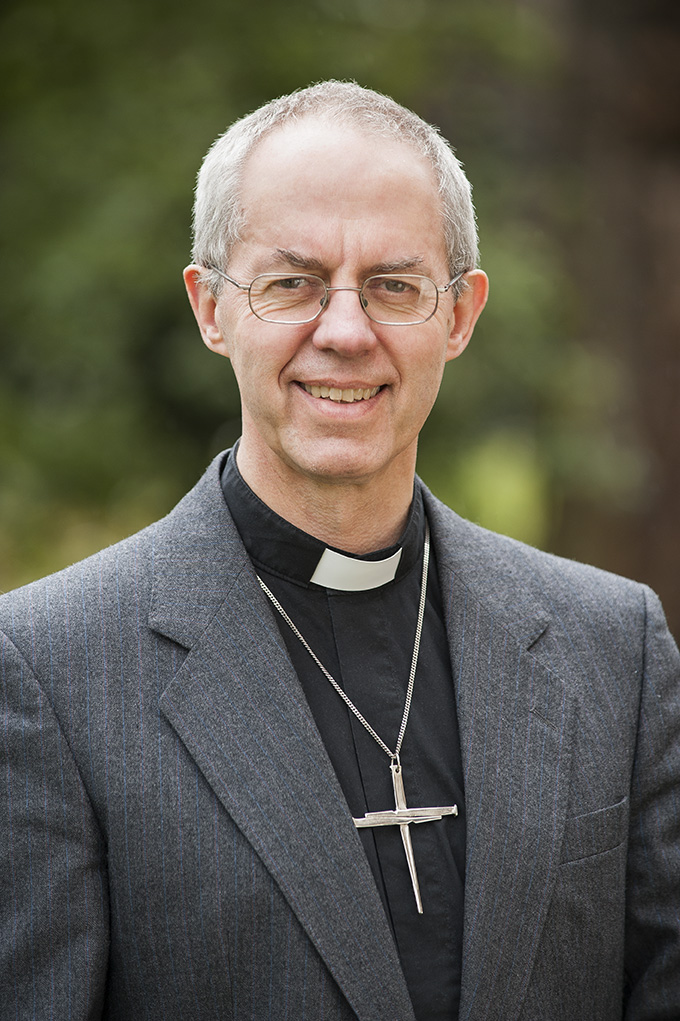From a story in the Church Times;
In what has been described as a “high-risk” attempt to hold the Anglican Communion together, the Archbishop of Canterbury has invited all 37 Primates to a summit in Canterbury next January.
In a letter sent to the Primates on Wednesday, Archbishop Welby proposes that they “consider recent developments, but also look afresh at our ways of working as a Communion”.
One of the most contentious aspects of the meeting is the decision to invite the Rt Revd Foley Beach, head of the Anglican Church of North America (ACNA), for part of the time
The invitation of Foley Beach, Primate of the Anglican Church in North America, which was formed from several dissident groups opposed to efforts of wider inclusion in the Episcopal Church and Anglican Church of Canada, is likely to prove especially divisive and contentious. It also represents a seeming change in Justin Welby’s approach to the ACNA, which he has previously described as an ecumenical partner, but one outside of the Communion.
But the Archbishop also seems to be approaching the divisions and strains within the Anglican Communion without a specific solution in sight other than maintaining some sort of formal relationship.
In an attempt to persuade Primates to attend the January meeting, which will run from 11 to 16 January, Archbishop Welby is inviting them to set the agenda. Sexuality is expected to appear, but also religiously motivated violence and the environment.
It is understood that all options for reshaping the Communion will be on the table. The Archbishop is said to have reached the conclusion that the present status quo is unsustainable. He is said to favour moving to a structure in which the Provinces could be in communion with Canterbury but not, necessarily, one another. This would give more “wriggle room” to Provinces, enabling them to be faithful to their own culture without launching salvos across the Communion at one another.
The plan was likened by one source to “moving into separate bedrooms” rather than divorcing. It is said to be part inspired by the structure of the Orthodox Church, and is understood to have been discussed with Lord Williams.
How should Episcopalians and Canadian Anglicans respond to this? What do want from being part of the Communion, and what role does it play in our understanding of our selves and of our Christian mission?

